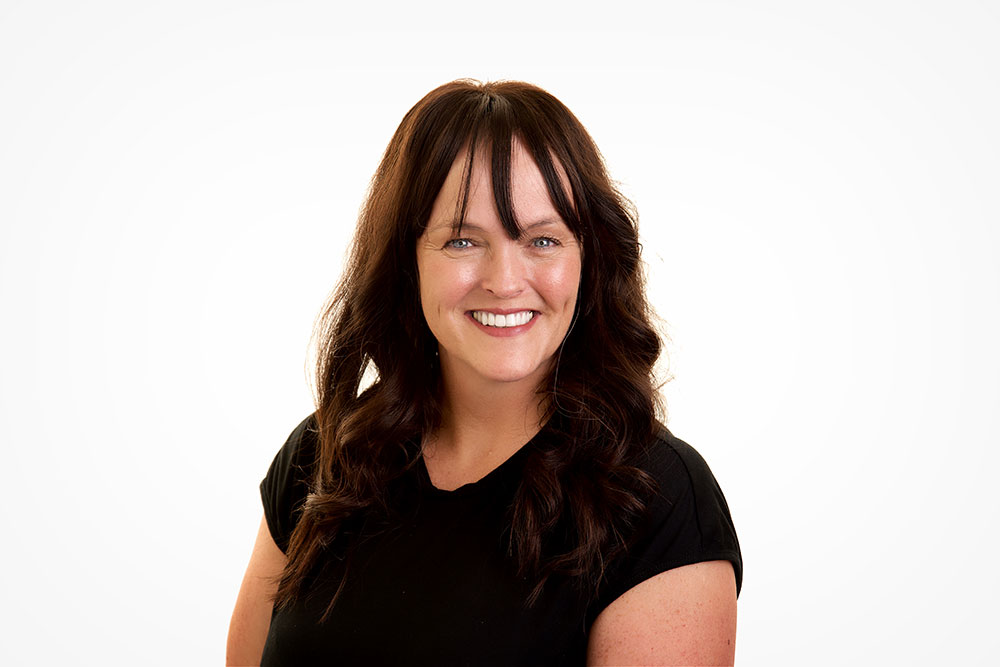26 July 2012
TYPICAL OVER-55S MONTHLY DISPOSABLE INCOME JUST £27
Early shortfall builds lifetime deficit
Today’s over-55s have just £27 per month in disposable income once financial obligations have been met, reveals new data analysis from Aviva.
This shocking figure highlights the precarious financial balance many over-55s tread on a daily basis. To help those consumers who may wish to use equity release to improve their finances, Aviva is piloting a flexible rating tool which allows their adviser to build a bespoke product suitable to their unique requirements [see additional release for more information.
Two out of three age groups out of pocket:
The statistics are even more worrying when you look at retirement as three distinct age groups, as only one age group has a higher monthly income than expenditure (Over-75s – +£39). In fact, 55-64s (-£50) and 65-74s (-£30) both find themselves ‘out-of-pocket’ at the end of the month and will need to make cuts or dip into their savings to meet their obligations.
Income vs. expenditure (per month):
|
|
All 55+ |
55 – 64 |
65 – 74 |
Over-75 |
|
Income |
£1,361 |
£1,359 |
£1,390 |
£1,318 |
|
Expenditure |
£1,334 |
£1,409 |
£1,420 |
£1,279 |
|
Difference |
£27 |
-£50 |
-£30 |
£39 |
Long-term impact:
Once someone turns 55, they will typically earn an income of £472,224 in their remaining years of employment and into their retirement. However, over this period, their normal expenditure is likely to be £477,612 which indicates a deficit of £5,388.
Income vs. expenditure (total):
|
|
55 – 64 |
65 – 74 |
Over-75 |
From age 55 |
|
Income |
£163,080 |
£166,800 |
£142,344 |
£472,224 |
|
Expenditure |
£169,080 |
£170,400 |
£138,132 |
£477,612 |
|
Difference |
-£6,000 |
-£3,600 |
£4,212 |
-£5,388 |
This difference is likely to be handled on a month-by-month basis by cutting back on the amount saved, reducing the amount that is spent and dipping into their savings pots (av. size – £15,756). The impact of this type of spending can be seen when you compare the savings pots of the 65-74s (£26,085) and over-75s (£12,998).
This means that many over-55s are vulnerable to unplanned expenses such as boiler breakage, car repairs and family financial emergencies. In addition, with more retirees both preferring and needing care in later life in their own homes, household equity can help when it comes to making important adaptations and household renovations.
Housing equity can help:
The majority of over-55s (81%) own their own home (average value £236,474) – either with a mortgage or outright – and therefore could have £222,789 worth of equity in the property. This equity can help to cushion any financial shocks for the over-55s by allowing them to down-size or – if they prefer to remain in their property – use equity release to access some of the value in their homes.
Roger Marsden, head of at retirement at Aviva, said:
“This data analysis clearly shows that for many over-55s the current financial equation simply does not add up. No-one wants to spend their retirement constantly scrimping and saving to meet their monthly financial obligations while worrying about how they will cope with unexpected expenses.
“For younger generations, an increase in retirement saving is vital. However, today’s over-55s are unlikely to be in a position to do this. Therefore, it is the responsibility of advisers to ensure that people consider all their assets – including their homes – when they are planning for their retirement.
“Aviva is delighted to announce that it is rolling out the pilot of a flexible rating tool to further key accounts which will allow consumers, with the help of their advisers, to tailor an equity release product to suit each individual customer’s need. Equity release is not right for everyone but these changes mean that more people can find products which suit their unique needs.”



